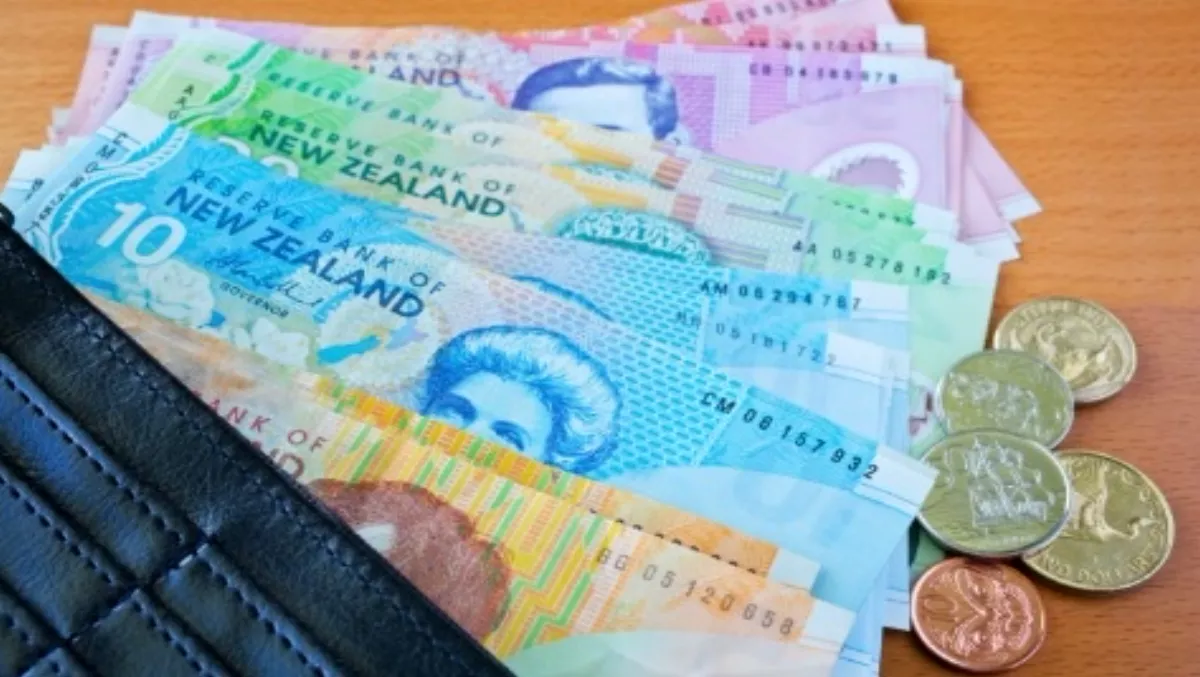
Fonterra affirms milk payout forecast, lowers dividend guidance as profit falls
Fonterra Cooperative Group, the world's biggest dairy exporter, affirmed its milk payout forecast and lowered guidance for dividends, while posting a 16 percent drop in first-half profit it says reflected "tough conditions in dairy."
The forecast payout for the current season was affirmed at $4.70 per kilogram of milk solids, down from a record $8.40/kgMS last season, while guidance for dividends was trimmed to a range of 20 cents to 30 cents, from a previous 25 cents to 35 cents. Net profit fell 16 percent to $183 million in the first half, as sales declined 14 percent to $9.7 billion.
The revised dividend guidance means the total cash payout for 2014/2015 would be $4.90 to $5. Not only were conditions in the industry tough, said chairman John Wilson, but Fonterra was also faced with having to generate profit on inventory made in the previous financial year when the cost of milk was higher and sold in the first quarter of the current year, when global dairy prices were falling.
"These first-half results are below our farmers' expectations, in a period when the farmgate milk price is low and we are reducing the forecast dividend range," Wilson said.
"Oversupply from dairy producing regions around the world in the early months of the financial year saw the trade-weighted GlobalDairyTrade price index hit a five-year low in December," he said. "Supply outweighed demand and buyers undervalued milk, which was reflected in prices that declined to unsustainable levels. Lower commodity prices placed downward pressure on our farmgate milk price in the first half."
A partial offset was a benefit from the decline in the New Zealand dollar, which helped add about 30 cents/kgMS to the forecast farmgate milk price, as at Jan. 31, he said.
Fonterra didn't give a forecast for full-year earnings, with chief executive Theo Spierings saying the company has "a single-minded focus on delivering results; increasing sales volumes, reducing complexity and taking costs out to maximise returns."
"This will require some tough decisions," Spierings said. "We are committed to improving performance."

